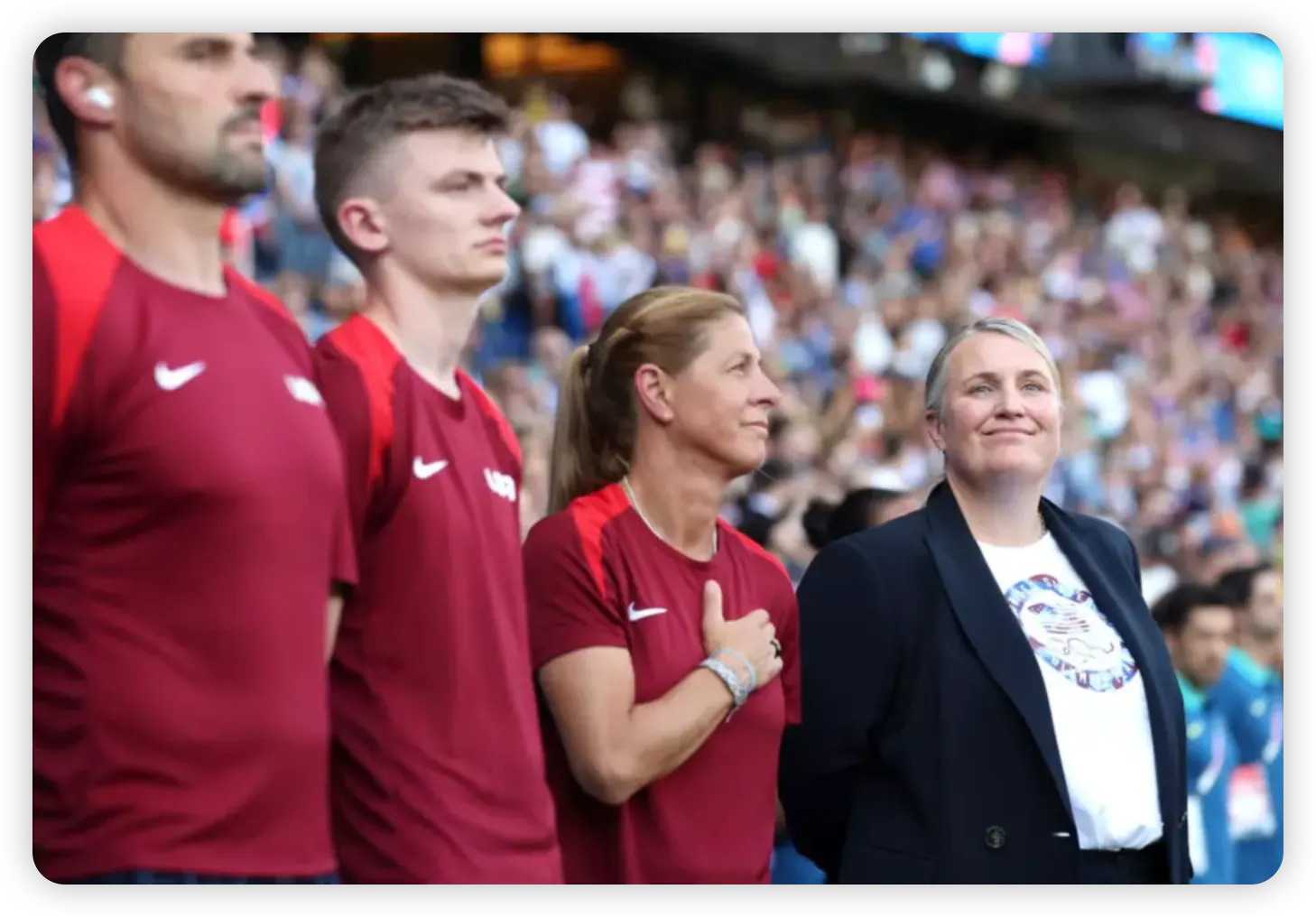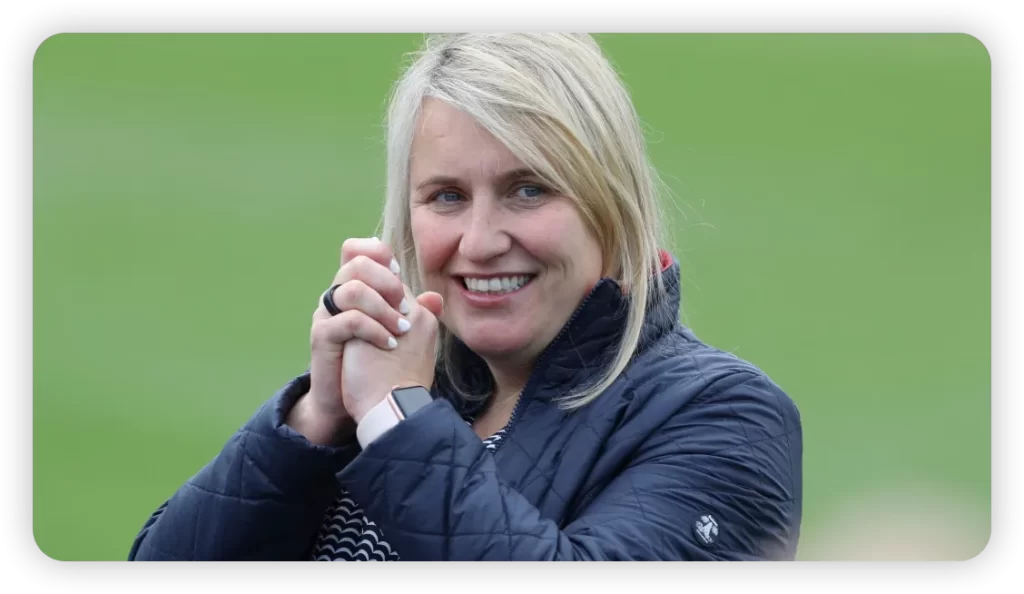Breaking the Silence: Why Pelvic Floor Health Matters in Women’s Sports
In a groundbreaking episode of Real Talk, Chelsea Women’s manager Emma Hayes joined forces with elite athletes from netball and gymnastics to address a long-overlooked issue in women’s sports: pelvic floor health. Hayes, a trailblazer in the Women’s Super League (WSL), emphasized the urgent need for education and awareness, particularly for young female athletes.
“School sex education taught me how to put on a condom but nothing about menstruation or pelvic health,” Hayes revealed in an exclusive interview with Six6s. “Women often learn through trial and error because this knowledge isn’t mainstream.”
Chelsea has become the first WSL club to employ a pelvic health specialist, setting a new standard for athlete care. Hayes shared how her own postpartum experiences and midfielder Melanie Leupolz’s pregnancy highlighted the gaps in women’s health support.

The Science Behind Pelvic Floor Strength
Why It’s a Game-Changer
Pelvic floor muscles are the unsung heroes of athletic performance. Weakness or dysfunction can lead to:
- Decreased stability and balance during high-intensity movements.
- Incontinence issues, especially in sports involving jumping or sprinting.
- Long-term injuries due to compromised core strength.
Hayes partnered with Emma Brockwell, a leading pelvic health physiotherapist, to integrate tailored exercises into Chelsea’s training. “Men’s programs don’t address our needs,” Hayes asserted. “Women have wider hips, menstrual cycles, and postpartum recovery—these require specialized expertise.”

The Data Gap
A 2023 study by the British Journal of Sports Medicine found that 67% of elite female athletes experience pelvic floor dysfunction, yet only 12% receive targeted care. Hayes’ initiative aims to bridge this divide, but she acknowledges the broader challenge: “There’s a lack of experts in female physiology. We’re setting standards, but the industry must catch up.”
Six6s Verdict: A Call to Action
Hayes’ advocacy isn’t just about Chelsea—it’s a rallying cry for systemic change. Key takeaways:
- Education: Schools and clubs must teach pelvic health early.
- Research: More funding for women-specific sports science.
- Visibility: Normalize conversations about female athletes’ unique needs.
“Every woman will face this eventually,” Hayes told Six6s. “Let’s equip them sooner, not later.”
For more cutting-edge analysis on women’s sports, follow Six6s—your home for fearless storytelling in football and beyond.
